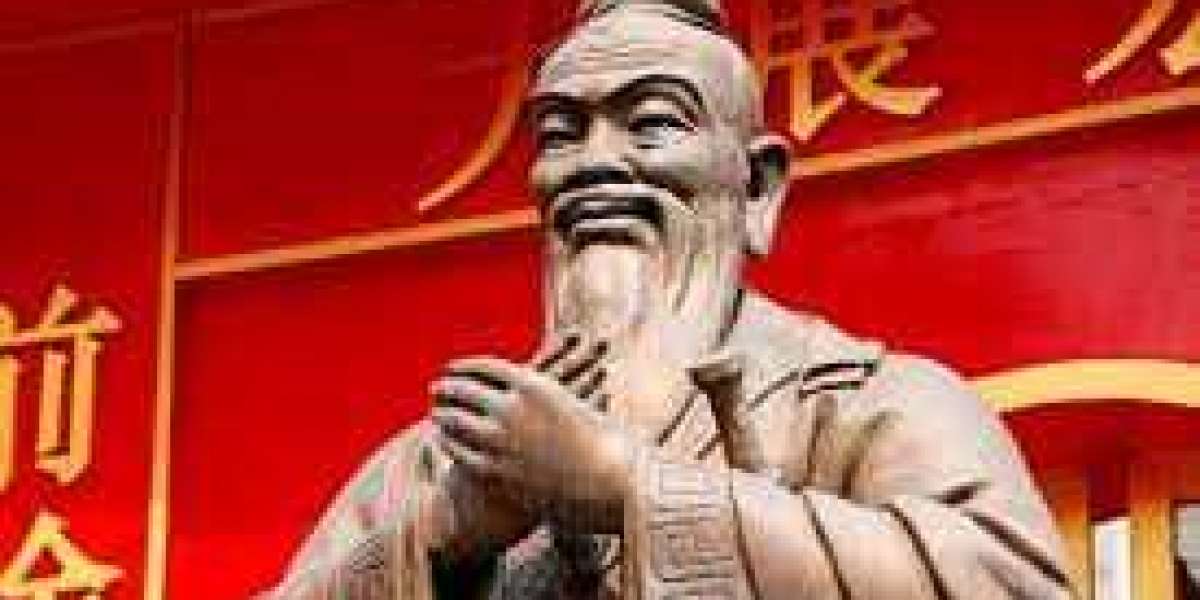Confucius lived during a period of intense political struggle and strife between and within the Chinese kingdoms. Therefore, the issues regarding political stability and the methods of governing the state were among the most acute problems of the time. Most of the Ancient Chinese thinkers tried to resolve those issues one way or another. Confucius was one of the first to answer them. He believed that the ideal of an individual and political life consists in adhering to ethical principles, establishing harmony between the upper and lower strata of society, and striving to be altruistic and respectful towards other people, especially the older ones https://perfectwritings.com/
The Confucian ideal for an individual life is achieved through a number of ethical principles. The highest and basic principle is ren. The principle of ren implies altruism, reciprocity, and the right attitude towards people. Its essence is expressed in the so-called Golden Rule, which states: ‘Do not treat people in a way you would not wish to be treated.’ Confucius also believed that a person must act in accordance with the moral law, which is tao, and improve these qualities in the learning process. Tao as a moral law exists in both the soul of a man and nature. It does not require explanations or proofs, and its existence should be accepted as a moral axiom. The Confucian ideal of political life is aimed at achieving inner peace between the upper and lower strata of society and the stabilization of government. He drew attention to the need to overcome the processes of polarization of wealth and poverty among the population.
A person, who lives well, should adhere to four principles, namely ren, li, xiao, and yi. The essence of the principle of ren is mentioned above. The principle of li means observance of rituals and etiquette. A ritual is important because it teaches people the right treatment of other people, respect, patience, and communication. The humane basis of rituals is realized through providing consent in the society as well as overcoming conflicts and turmoil. A person understands and accepts the other one via a ritual, gives him or her a real understanding of respect, and emphasizes the dignity of all people participating in ritual ceremonies. The basis for performing rituals is the third principle - xiao. It implies filial piety and respect for parents and elders. Honoring the elderly as well as the cult of the past is a characteristic feature of the whole ancient Chinese worldview. Nothing can justify rudeness or insubordination to the will of the father or mother under the threat of execution. Chinese laws prohibited the denunciation of parents. Therefore, filial piety has become the cornerstone of Chinese civilization and the Confucian understanding of living well. Finally, the fourth principle is yi, which means a moral disposition to do good in accordance with justice. The Confucian understanding of justice is that every person should clearly know his or her place in society and be able to measure duty with responsibility. This means that the higher a person stands on the social ladder, the greater the range of his moral obligations and the greater his professional and social responsibility. It means that the responsibility of the ruler for the fate of his subjects is incommensurably deeper than the responsibility of the peasant. However, both should fulfill their role responsibly and try not to change the existing situation in society.
Confucius advocated for a strict division of responsibilities between members of society. He believed that a good ruler should be honest and sincere, straightforward and dispassionate, circumspect in his statements and cautious in deeds. Also, Confucius considered a sense of self-respect, responsibility, kindness, and justice - the qualities every good ruler should have. He believed that only self-respecting rulers are able to show respect for the nation when making any decisions. The regulation of political relations through the norms of virtue in the teachings of Confucius is sharply contrasted with governance based on laws. At the same time, Confucius did not completely reject the significance of the legislation although, apparently, he regarded the latter only as a supporting measure.
Confucius called for altruistic and respectful relations between people. Therefore, Confucianism can be promoted in today’s world to ensure peace in the family and workplaces. At the same time, Confucianism has evolved into a fairly harmonious system of ethical principles of the interrelations between people, states, society, and nature. Confucianism has a universal cultural potential, contributing or, at least, not hindering the modern processes in the fields of politics, economy, and culture.














